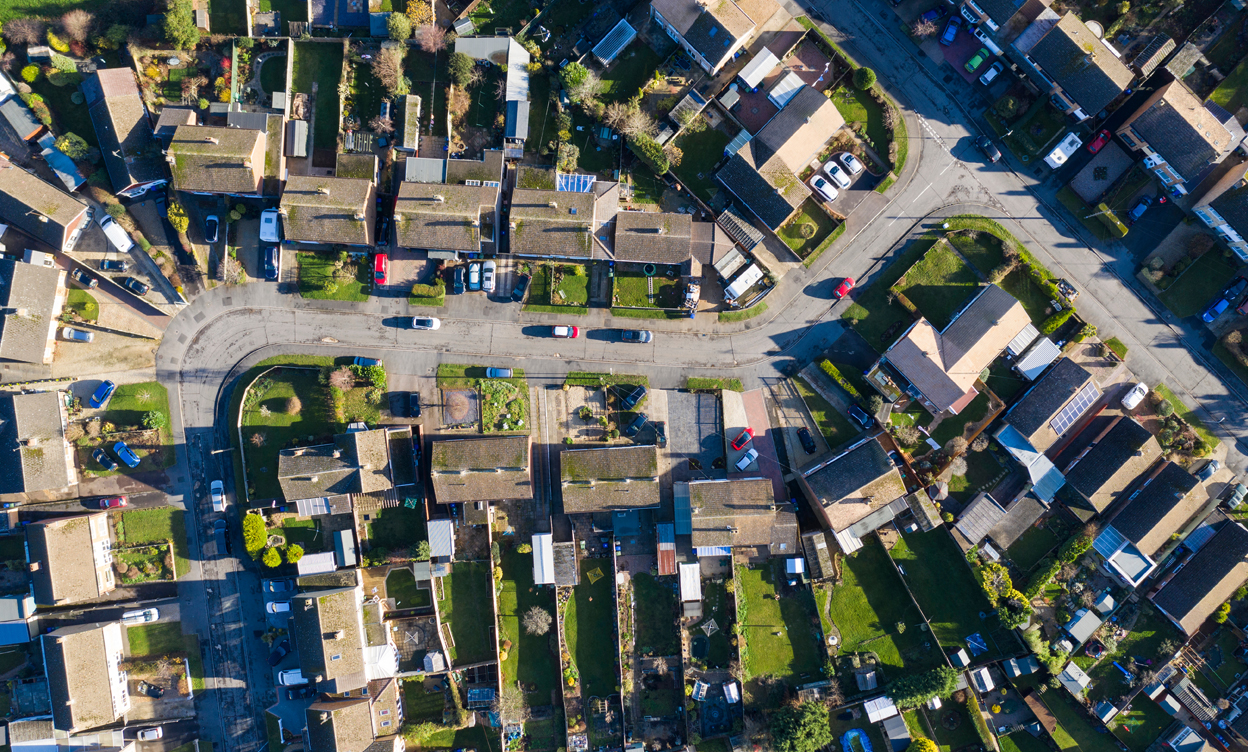
Key points
- A promised housing package from the Victorian Government could see a range of changes to short stay accommodation
- A debated ‘Airbnb tax’ is just one, imposing levies and yearly caps on short stay property use
- Reducing some land taxes and other fees could encourage landowners to make vacant dwellings available for longer term rent
It’s no secret that Victoria and Australia more broadly are in the middle of a rental crisis. The latest effort by the Victorian Government to mitigate this growing pressure sees the likely introduction of a levy which looks to cap the number of nights each year that an owner can rent out a property as a short-stay accommodation — a motion that passed the ALP state party conference in June. It is just one of several strategies currently being considered at a state level to ease rental stress.
Other possible relief strategies include a tourist levy or ‘Airbnb tax’, charged to guests booking short stays, as well as greater flexibility for councils to increase rates on short-stay properties or a potential rise in land tax. While still under speculation, the chosen approach will be delivered as part of a promised housing package in the coming months. The City of Melbourne is currently consulting on a proposal to charge owners of properties that are used for short stay accommodation an annual registration fee as well as impose a 180 day per year cap on the use of their property for that purpose.
What can we expect in the new housing package?
Reporting to date suggests the package could comprise of a number of policies including the introduction of a small levy which would be imposed on people booking short-stay accommodation. Imposing taxes of this nature can encourage property owners to return a property into the broader rental market. If adopted, Australia would join at least 18 European countries who apply short-term occupancy and tourist taxes, which have to be paid by the visitor and can’t be included in the published short-stay price.
With the minor impact such levies have on short stay prices, the taxes are unlikely to solve the long-term rental problem. One such cautionary example is Amsterdam, where rents continue to climb despite ever-increasing tourism taxes and sharp restrictions on the number of short-term stays since 2015.
Restricting the number of nights per stay can also be ineffective, and may push short-stay accommodation providers underground to avoid the cap. An increase in rates will also increase the tax compliance stress for anyone operating across multiple local governments.
In an Australian context, there are much bigger concerns than a thriving Airbnb market — starting with the impact of current market sentiment on wary international property investors.
Australia is nearly 50,000 rental properties short, according to Core Logic, calling for a need to boost supply of both owner-occupied homes and rental properties. However rising property taxes introduced in past State Budgets will likely deter investors from solving this problem. On properties that already attract a land tax, there will be a COVID surcharge of at least $500 to $975 plus an additional 0.1 per cent — which is intended to remain for 10 years commencing in the 2024 land tax year. This is a limiting factor for any investor looking to develop a rental property, particularly as interest rates continue to squeeze.
The broader impact of the tax on bigger, overseas investors cannot be overlooked as they provide necessary capital to support critical build-to-rent developments in Victoria.
If a landowner is classed as an absentee owner, not a citizen or permanent resident, and meets criteria such as being out of the country for more than six months, the land tax on a million-dollar block could rise to $44,650 — just under 5 per cent of its total value. Such high taxes will likely discourage even the most driven property investors.
What are the other options?
Given the extreme shortage of rental properties and population growth, it is critical that a system that encourages investors to provide a range of quality short and long-term accommodation is implemented.
Successive governments have imposed an ever increasing tax burden on property developers, which has disincentivised investment in the sector. The carrot approach would be more effective. We need to incentivise local and international capital to flow into the property development sector so that we can continue to build the dwellings that are needed now and will be needed in the future.
One solution could include encouraging landowners to make vacant dwellings or dwellings used for short stay accommodation available for longer term rent by offering a rates and/or land tax discount if the dwelling is leased or is available for rent for a certain period each year.
The State Government could also consider an exemption from the Foreign Purchaser Additional Duty if investors are developing dwellings that are intended to be made available in the rental market.
Providing investors with the capacity to think long term, without fear of additional taxes, is a critical step in encouraging properties back into the rental market, as opposed to shorter term, higher rate stays. Successfully incentivising landowners to engage in the rental market will assist in addressing Victoria’s housing shortage.
What to do next
If you have any questions about what the upcoming housing package might mean for you as an investor or property owner, reach out to your local Pitcher Partners expert today.





